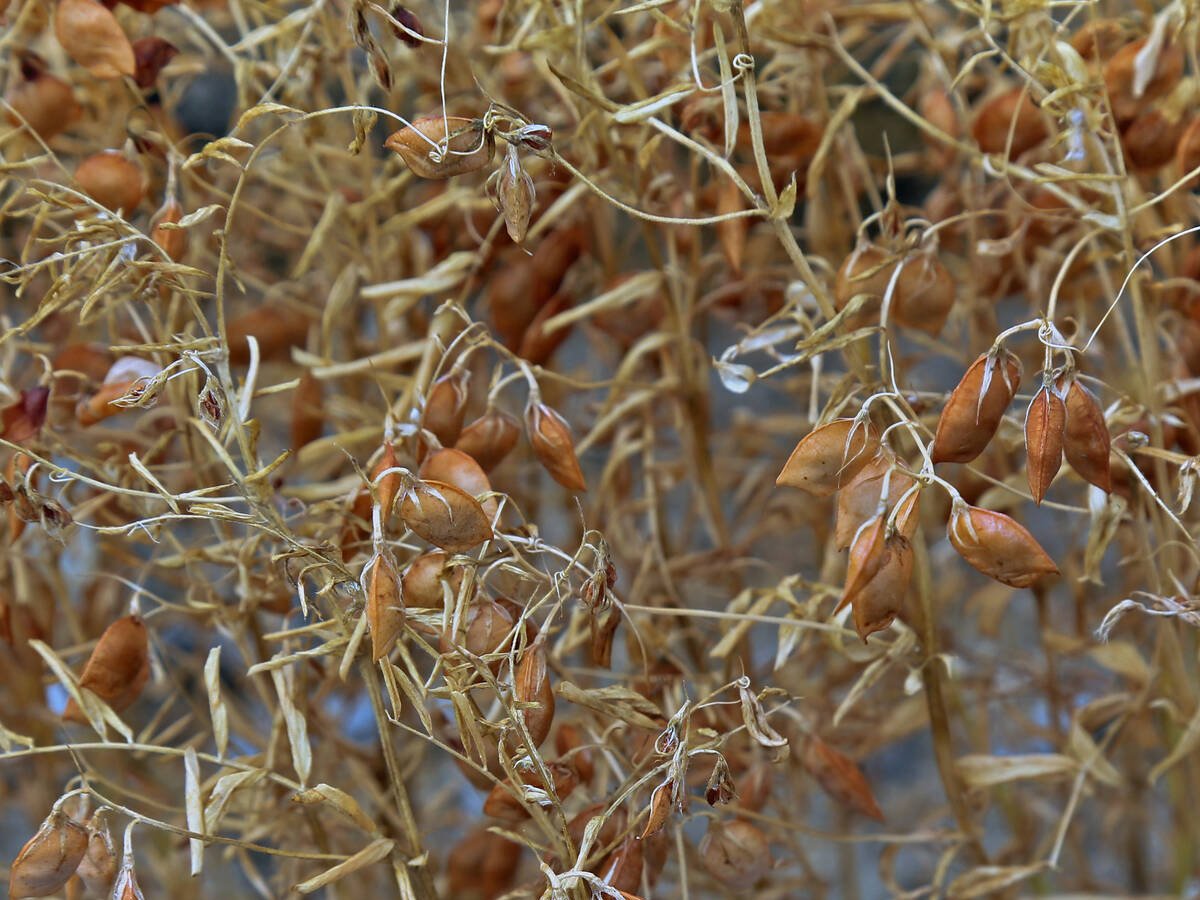Legumex Walker Inc. transformed from a pea and lentil company into a diversified special crops and canola business last year, but the change was accompanied by growing pains.
The company posted earnings before income, taxes, depreciation and amortization (EBITDA) of $1.5 million on sales of $294.8 million in 2012.
“The EBITDA is low compared to what we’re capable of doing,” said president Joel Horn. “We can do significantly better than that, and our hope is that we’ll prove that in 2013.”
Expenses associated with a series of acquisitions reduced EBITDA.
Read Also

Traders forecast record lentil yields for Canada
lentil yields could be phenomenal and that is dragging down prices for both reds and greens.
Legumex Walker bought St. Hilaire Seed Company Inc., a Minnesota plant that doubled the company’s bean processing capacity.
It also bought the sunflower seed processing assets of Anderson Seed Co. in Mentor, Minn.
In October it bought Keystone Grain, one of the largest sunflower and birdseed processors in North America that also processes flax.
“We’ve done what we set out to do, so I think we’re now at the point where it’s time now to turn our attention to getting all of this up and running and getting it as efficient and profitable as we can,” said Horn.
He doesn’t anticipate a similar buying spree this year unless there are bargains on the market.
“Acquisitions are not our top priority.”
Poor processing margins also affected EBITDA. Sales of peas and lentils were slow in the third quarter as customers held out for lower new crop prices.
As well, the ongoing global credit crunch affected sales. Many customers asked Legumex Walker to finance sales, but the processor refused.
“I wanted to make it very clear to our customers that we’re not a bank,” said Horn. “That hurt us a little bit.”
The average pea and lentil processing margin for 2012 fell to $68 per tonne from $89 the previous year, while bean processing margins were squeezed in the fourth quarter.
The company inherited high-priced bean inventory and contractual obligations with the purchase of the St. Hilaire facility, but pinto and black bean prices plummeted due to a large North American harvest shortly after the acquisition.
That hurt profits, as did the dryness of the crop, which caused above average splits, especially when processed during periods of unusually cold weather. Bean processing margins averaged $134 per tonne, down from $196 in 2011.
Poor margins in the pulse business were partially offset by a strong performance in the sunflower, flax and birdseed division, which realized average processing margins of $125 per tonne, up from $53 in 2011.
The oilseed processing division made its first sales in December. The company’s newly minted Pacific Coast Canola facility in Warden, Washington, processed 900,000 tonnes of canola seed before Dec. 31. It is now running its deodorizer and sold its first rail car of refined, bleached and deodorized food grade canola oil.
Diversification efforts will pay off in the long run, Horn said.
The company had 15 processing plants by the end of the year with a total capacity of 875,000 tonnes, up from eight plants and 300,000 tonnes at the beginning of the year.
Lentil and pea processing accounts for 30 percent of the business, down from 80 percent at the beginning of the year.
The canola plant comprises 40 percent of the capacity, and the remainder is in the high-margin bean, sunflower, flax and birdseed businesses.
More than half of the company’s assets are outside of Canada.
“These investments, while dampening our financial results last year, have positioned us to deliver meaningful growth and drive value for shareholders for years to come,” said Horn.
The full impact of the investments won’t be felt until the fourth quarter of this year because production is still increasing at the canola plant.
Crush margins were historically low by the end of 2012 .
“But the new crop crush margins are starting to look good,” said Horn.
The facility is expected to operate at full capacity by mid-2013, requiring seed from 300,000 acres per year. Growers in Washington, Idaho, Montana and Oregon planted 100,000 acres of canola last year.
Local acreage should rise, but the company anticipates sourcing canola from North Dakota and southern Alberta for the next few years. It had bought $7 million worth of canola as of Dec. 31.
Horn said the Warden plant is one of two in North America using expeller-pressed technology, which produces oil and meal that typically fetches a premium over solvent-extracted oil and meal.















